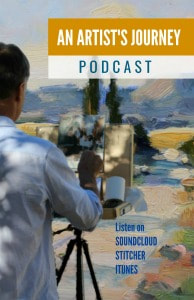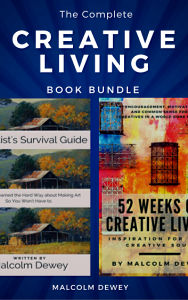The only limit is the one you set yourself. In Part one of this topic I had a look at breaking an attachment to art sales. In Part two I want to look at getting into a professional mindset. Yes quality, subject matter and output of work is all relevant to producing professional quality art. There should be an upward trend in every artist's career. This covers many areas from the actual paintings, studio practice, business knowledge, marketing and study. Art is an ever developing subject and passionate artists will be happy to grow in knowledge. The good news is that passionate artists can do all of these things well.
So how does an artist make sense of the many demands on creative time and ensure that all bases are covered. Here are a few thoughts: Get less busy: Being busy is not the same as being effective. Forget multitasking. Get some focus! The only way to do this effectively is to cut out time wasting activities like excessive computer usage, cell phone and e-mail fixations, retail therapy and so on. I know all too well how tempting it is to browse the net about anything art related. It is procrastination - pure and simple. Estimate the time you spend on other media sources and aim to cut it down by fifty percent. Check e-mail at a couple of set times a day. Need an online timer? Try E.gg timer .com. Put the cell phone on the other side of the room. If you can remove the computer from your studio altogether I know that work time will benefit - guaranteed. Practical? you decide on this step because it is a tough one for many. As buzzwords go I think the one about "getting intentional" is actually useful. What is your intention with your art career? Once you have this verbalised and written down you can get a clear vision and work towards it. You can focus on the important things. To produce more paintings of better quality you will need to:
Now to put this into practice you need to do the work. Identify what you love to paint. "I paint everything" is not helpful. "I want to be an superb landscape painter" - this is more helpful. Now what will it take for you to paint awesome landscapes? Aside from canvas time you will need to study master artists, take lessons, read more, attend a workshop and connect to other artists for sharing of ideas or experience. Repeat for the rest of your career. This is actually the fun part. Each day holds the prospect for something new. New learning, new experience in art. Some days will be BIG and others will seem dull. That is the way it goes, but with passion and belief the dull days will be few. Remember not to be attached to outcomes. This is a negative mindset. Rather be attached to doing something great with your art each day. Why not! Art really is a great thing to do so celebrate this by jumping into the experience whole heartedly. Make a time plan for your days but do not be enslaved by them. You are an artist after all so be free to change the pattern, but make it worthwhile. Start work at a respectable time of day. Waking up at 9am on a weekday is sad. Getting up at 4am is over the top. The idea is to use daylight for creating so try not to waste this precious time. Reject fear and anxiety. At least if you have real fear then identify the cause and get it solved. Anxiety is our imagination destroying our peace of mind. It has no place in your life so find ways to identify this and get it out of your way. I like to get paperwork done before 8am. Then an hour assessing the previous day's work before getting to painting related activity from 9am. Painting an early session outdoors is fine because the light is usually great. If in the studio I prefer to paint from midday onwards. So until then I will spend time on other studio preparations like priming and toning panels, framing or perhaps writing for my website or workshop program. Know when to stop. I will seldom paint in the studio beyond 16h00. There must be time to breath and enjoy time with others. Evenings are for family, entertainment and reading. Painting takes concentration and after a time my attention begins to wander. It is then time to stop and regroup for the next day. Paintings also need to rest overnight before completion. I am much better equipped mentally in the morning to assess the previous day's work. A problem resolves itself after a night's sleep. It can be sorted out quickly when you are fresh. A matter of minutes is sometimes all it takes. If rushed at the end of the day however it can ruin a painting just a quickly. Paint for quality and impact not perfection. Canvas time and focus will result in steady improvement in painting quality. Study and action will improve business skills. The two will ensure that your career moves upwards. You never know too much unless you do nothing with that knowledge. Knowledge with action is powerful. Persist. |
AuthorMalcolm Dewey: Artist. Country: South Africa Archives
June 2024
Categories
All
FREE
|
|

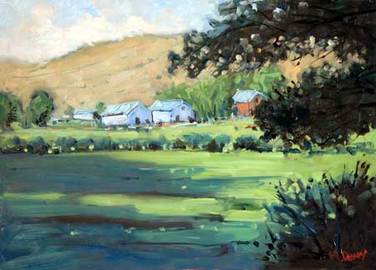
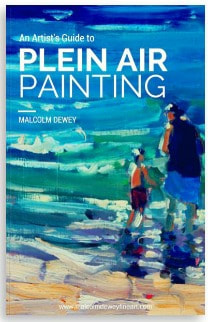
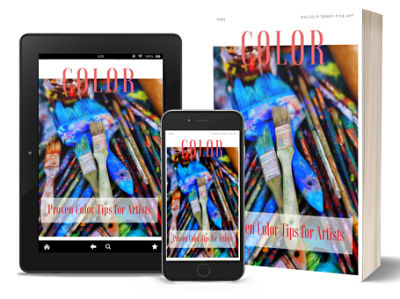
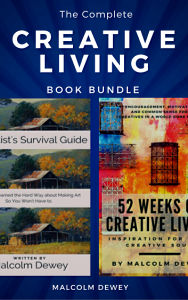
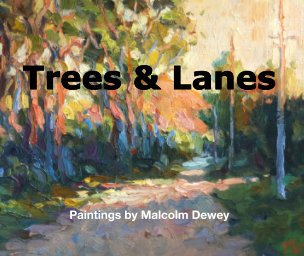

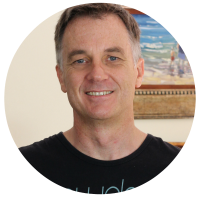

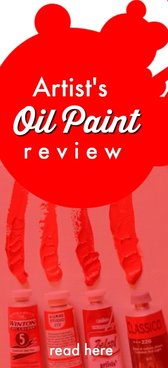

 RSS Feed
RSS Feed
